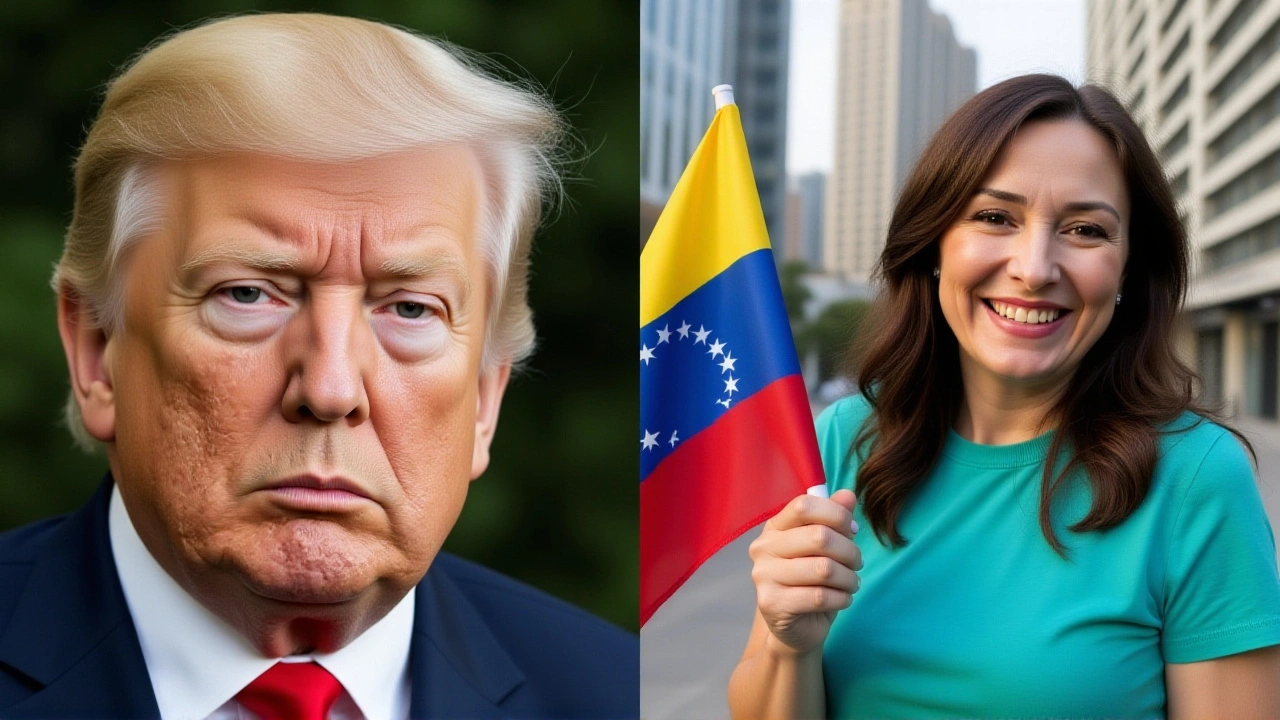Nicolás Maduro: Venezuela’s President in a Turbulent Era
When talking about Nicolás Maduro, the current President of Venezuela who succeeded Hugo Chávez in 2013. Also known as Maduro, he has become the focal point of debates on socialism, sanctions and regional alliances. The story can’t be told without mentioning Venezuela, a South‑American country rich in oil but plagued by economic crisis and political unrest. Over the past decade, Maduro’s leadership has shaped everything from energy policy to diplomatic ties.
Why the Bolivarian Revolution matters
The Bolivarian Revolution, a political project launched by Hugo Chávez that aims to create a socialist state based on Latin American unity is the ideological backbone of Maduro’s government. It demands state control of oil, wealth redistribution and a strong anti‑imperialist stance. This ideology requires massive public spending, which in turn fuels the country’s hyperinflation and scarcity of basic goods. The revolution’s legacy also influences regional partners such as Cuba and Russia, who provide technical and military support in exchange for oil and political alignment.
Maduro inherited a fragile economy and a polarized society. The opposition, formed around figures like Juan Guaidó, has repeatedly tried to unseat him, accusing his regime of electoral fraud and human‑rights abuses. At the same time, the United States has imposed sanctions that freeze Venezuelan assets and restrict oil exports. These sanctions affect the country’s ability to earn foreign currency, deepening the crisis and pushing many citizens to the brink of poverty.
Another pillar of the discussion is Hugo Chávez, the former president who founded the Bolivarian Revolution and remains a symbol for many supporters. Chávez’s charisma and social programs still color public opinion, and Maduro frequently invokes his predecessor’s legacy to legitimize controversial policies. The Chávez‑Maduro continuum connects social welfare promises with the harsh reality of shortages, creating a paradox that defines daily life for Venezuelans.
Understanding these connections helps you make sense of the headlines you’ll see below. From oil‑price fluctuations and diplomatic talks to protests and legal battles, each story reflects a piece of the larger puzzle that is Maduro’s rule. Keep reading to see how the Bolivarian Revolution, US sanctions, and regional alliances play out across the news landscape, and what they mean for the future of Venezuela and its people.

11
Oct
María Corina Machado wins the 2024 Nobel Peace Prize as Trump hails the win, intensifying pressure on Venezuela’s Maduro regime and highlighting the refugee crisis.
Read More
